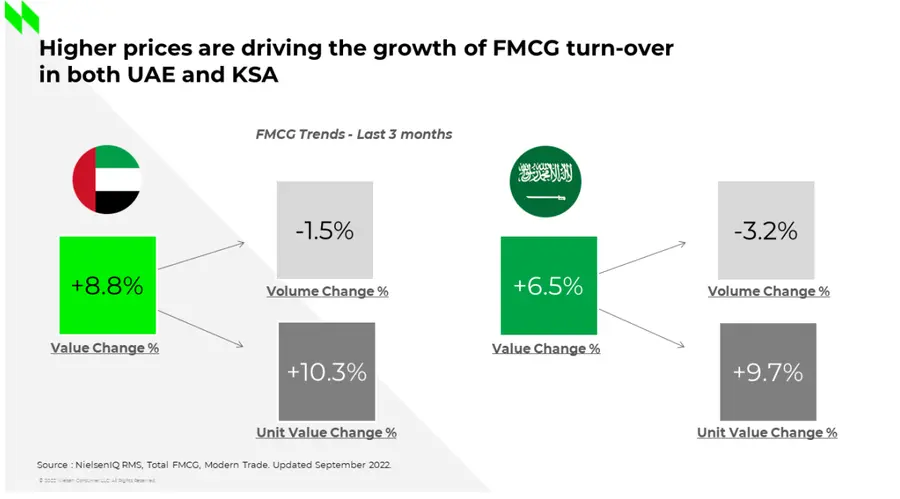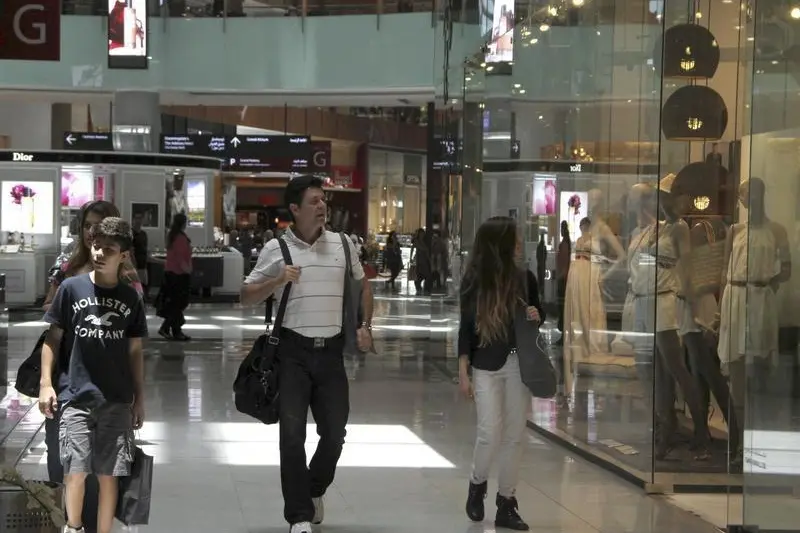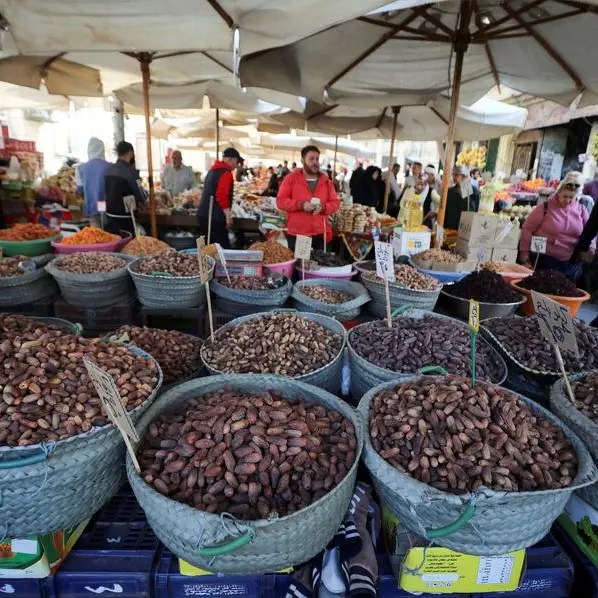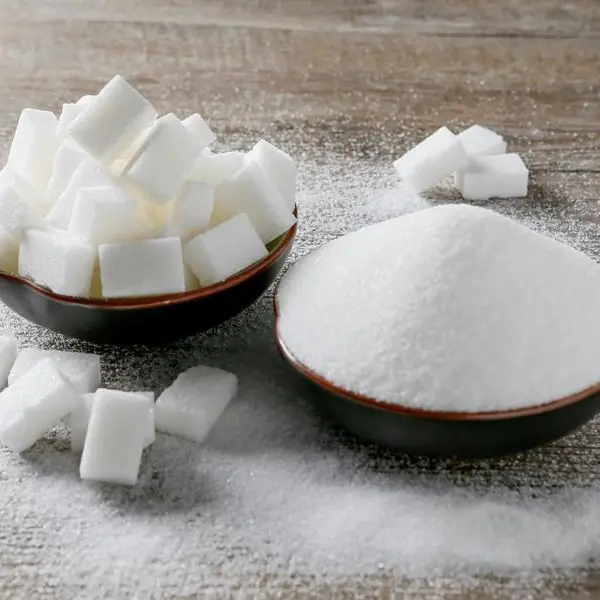PHOTO
Retailers in the UAE and Saudi Arabia have been seeing higher turnover over the last few months, as prices of commodities and other essentials rise in double digits and merchants go slow on in-store promotions.
The value of sales generated in the fast-moving consumer goods (FMCG) industry during the third quarter went up by 8.8% year-on-year (YoY) in the UAE and 6.5% in Saudi Arabia, the latest research from NielsenIQ showed.
The study is based on data sourced from hypermarkets, supermarkets, groceries, catering stores for beverage, pharmacies and perfumeries.
Consumers have been spending more on daily essentials amid soaring inflation that has prompted the US Federal Reserve to impose a series of interest rate hikes.
“Higher prices are driving the growth of FMCG turnover in both UAE and KSA,” NielsenIQ said.


According to the study, 77% of Emirati and Saudi shoppers “have the feeling” that food prices are increasing. Stores in the two markets have indeed posted higher prices in 86 food categories alone, while “promotion intensity” has been falling, NielsenIQ noted.
Between July and September 2022, prices have jumped by around 10%, with frozen foods rising by 19% in the UAE and 15% in Saudi Arabia. Dairy products also went up 18% in UAE and 14% in Saudi Arabia.
Looking at the volume of sales, however, the UAE market recorded a 1.5% decline, while Saudi saw a 3.6% fall, when compared to volumes recorded during the first quarter of 2022.
The data indicate that shoppers are spending more at retail stores due to higher prices, but they are also buying less stuff.
“The strong nominal value growth across both countries is clearly driven by price increases. Most shoppers are now willing to focus on essentials and appear to be more and more concerned about inflation,” said Andrey Dvoychenkov, General Manager for Arabian Peninsula and Pakistan at NielsenIQ.
“But they are still ready to pay a premium for products with more functionality and benefits,” he added.
Overall, consumer inflation in the UAE went up by 4.6% YoY in April this year, while as of September, Saudi Arabia’s inflation was up 3.1%, driven mainly by higher cost of food, housing and utilities.
(Reporting by Cleofe Maceda; editing by Seban Scaria)





















